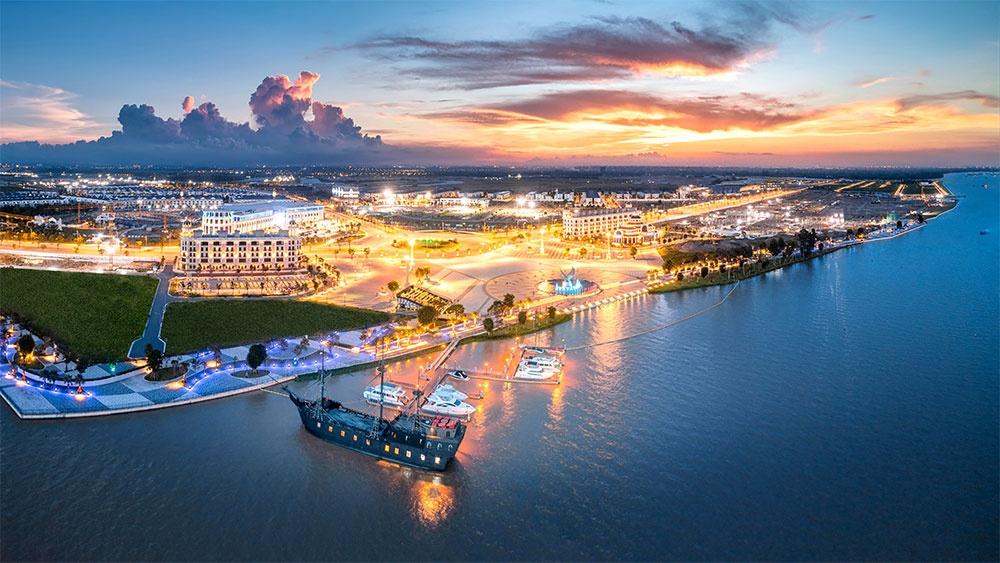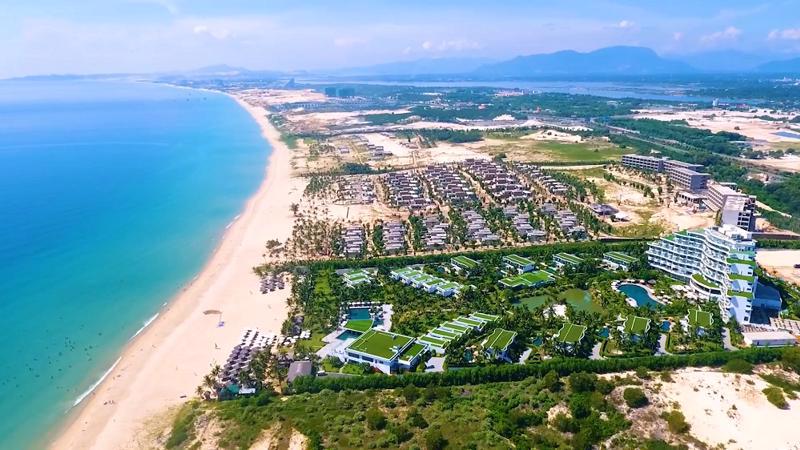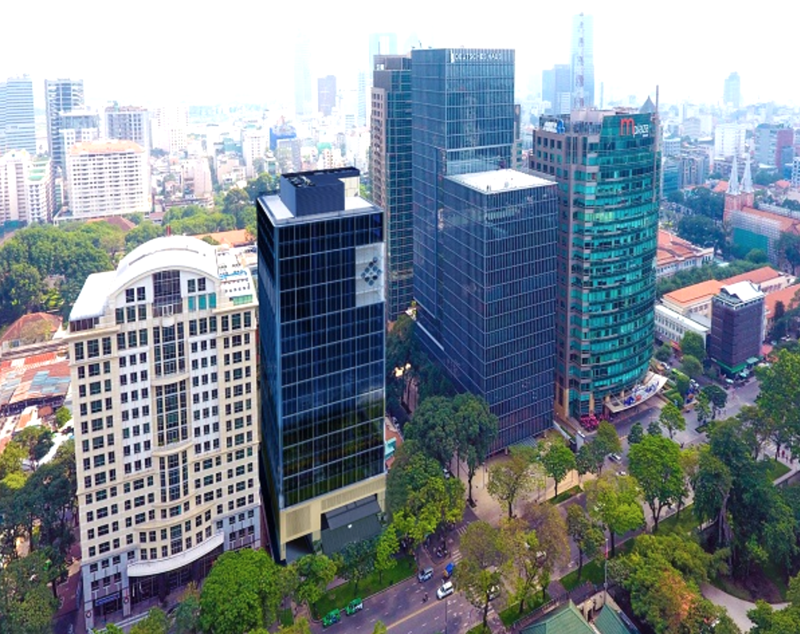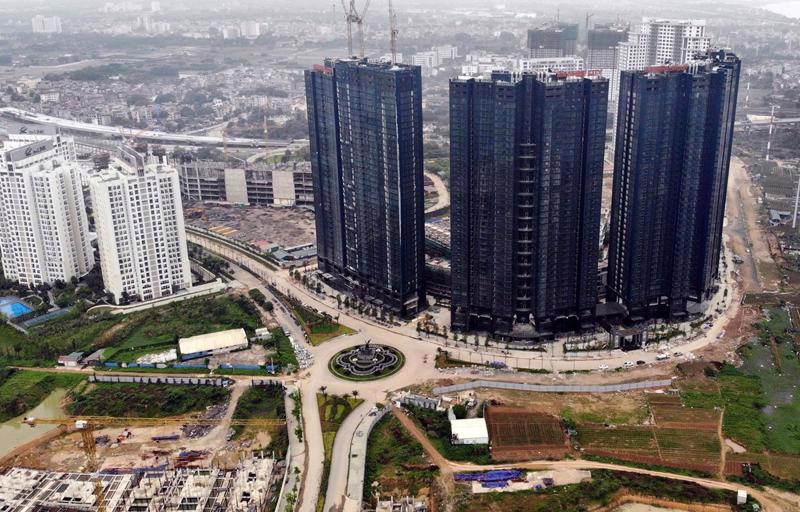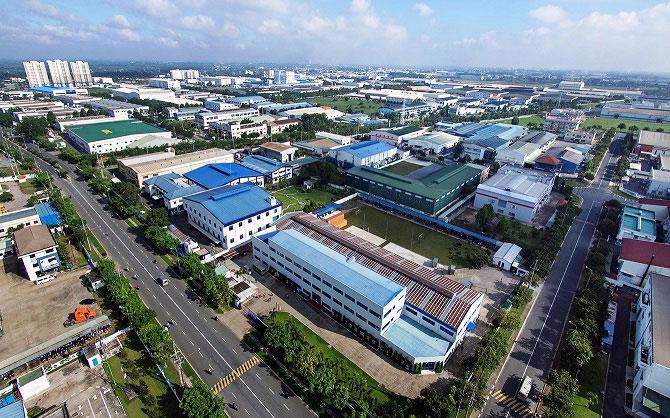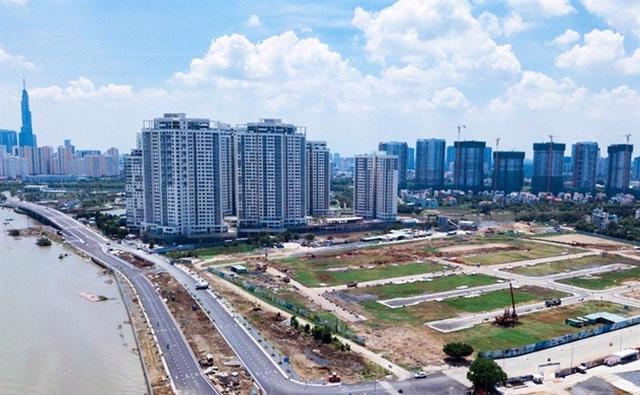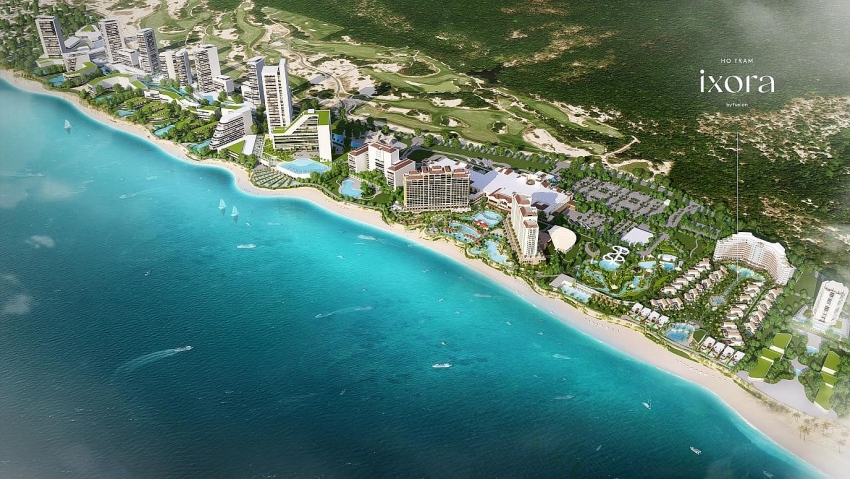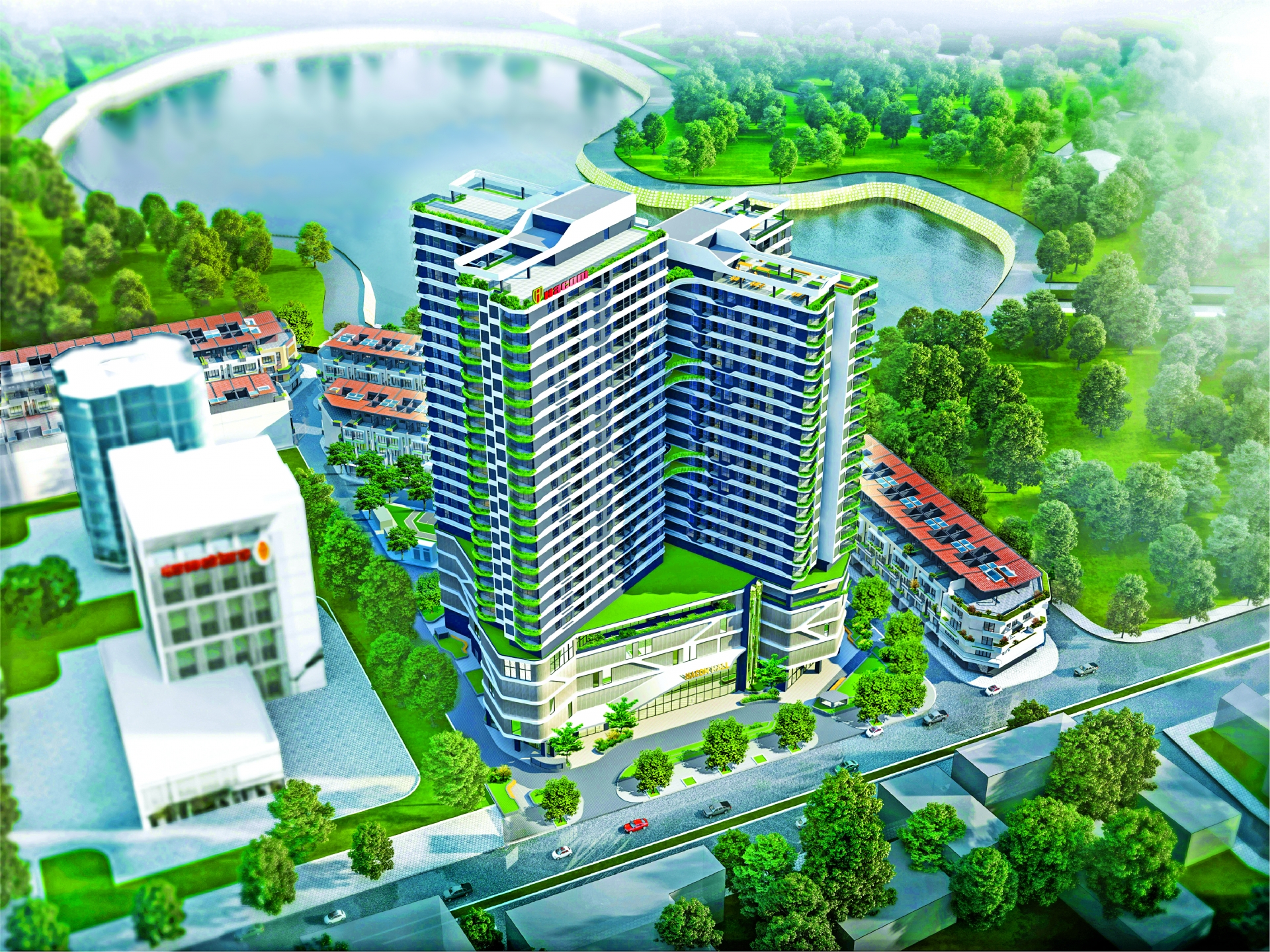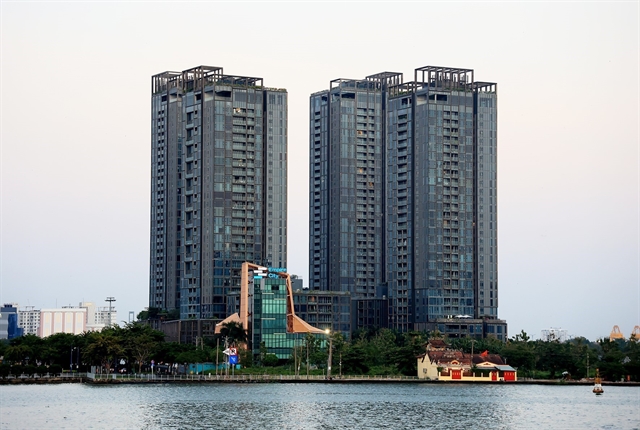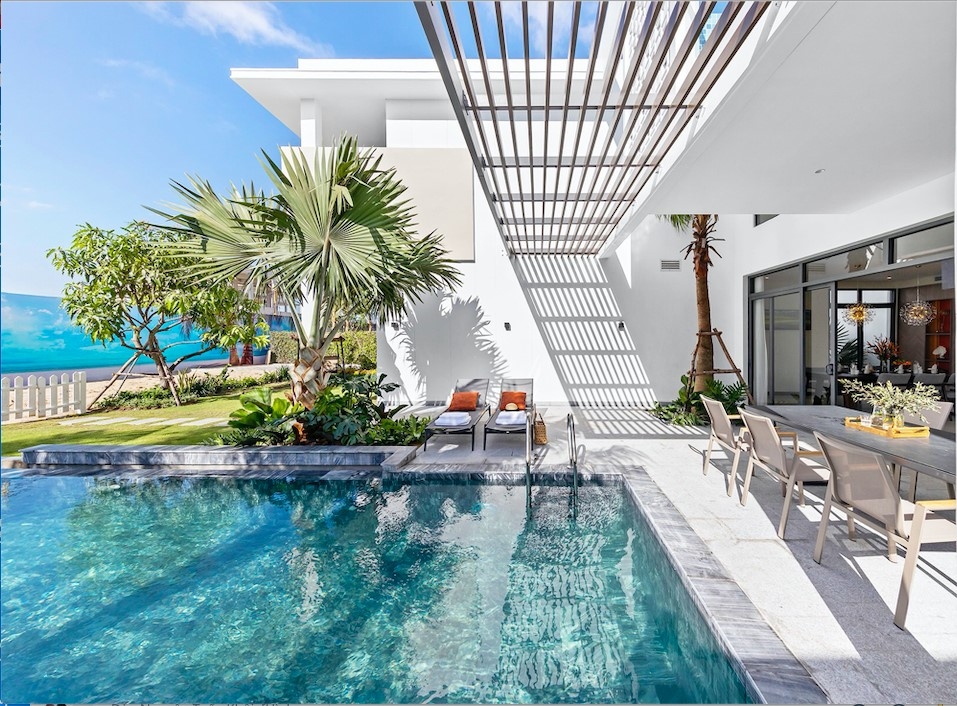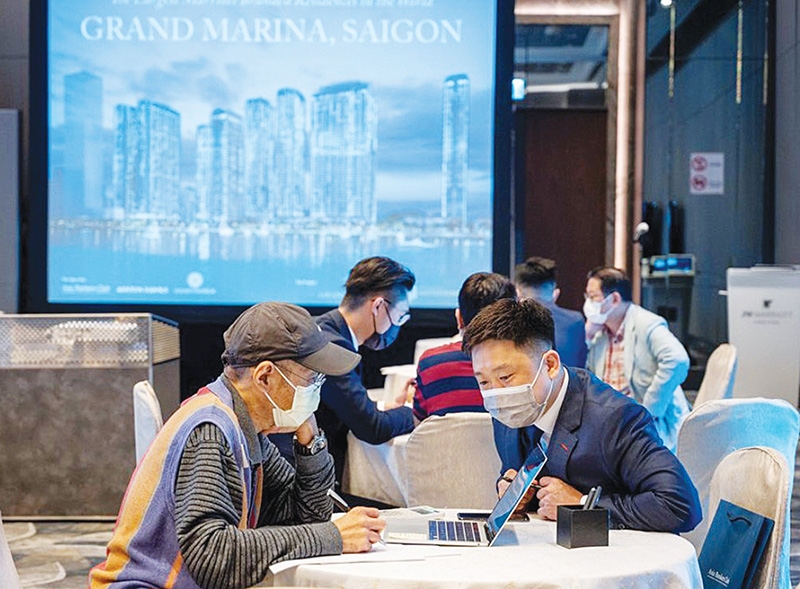Vietnam encourages Singapore to contribute at IPs
Vietnam and Singapore are furthering their ties in green infrastructure including industrial parks with smart solutions featured by concrete initiatives.
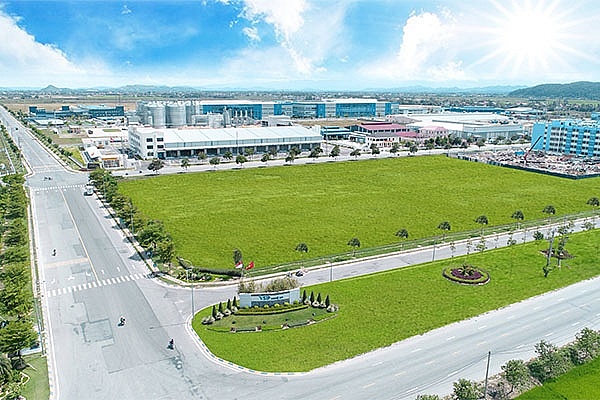
Becamex IDC of Vietnam and Sembcorp Development of Singapore this month signed a MoU to work cooperatively on the development and establishment of five eco-friendly, smart, and sustainable industrial parks (IPs) in Vietnam.
Tow Heng Tan, deputy chairman of Sembcorp Industries and one of the leaders of Sembcorp Group, said that it formed a joint venture with Vietnamese allies to develop Vietnam-Singapore IP (VSIP) in order to implement 10 parks in seven locations.
“Innovative and sustainable IP projects in Lang Son and Nghe An will be the next desirable additions to the VSIP network. In addition, Sembcorp intends to construct offshore wind energy facilities for transmission to Singapore under a cooperative development agreement,” Tan said.
According to Singaporean Ambassador to Vietnam Jaya Ratnam, the two nations may deepen economic cooperation in five key sectors, including infrastructure and sustainable development, until 2023 and beyond. These disciplines align well with Vietnam’s aims and future investment solicitations.
“Partnering in sustainable infrastructure, especially IPs will allow us to both fulfil our objectives throughout the next green energy transition,” he underlined.
Ratnam mentioned that Singapore intended to enhance bilateral and regional connectivity and interoperability to facilitate the expansion of enterprises and investments in innovation and technology. “The new areas of engagement offer the foundation for creating a green relationship that will influence our bilateral ties for decades to come,” he continued.
Vietnam is now developing ideal circumstances for Singaporean enterprises to increase their investment, particularly in the sectors of digital transformation, renewable energy, research, technology, and innovation.
Binh Duong, a significant southern industrial province in Vietnam, has also evolved to emphasise next-generation IPs, such as the 700-hectare Cay Truong IP, which Becamex invested in and began building in March last year. According to Vo Van Minh, Chairman of Binh Duong People’s Committee, the province is transitioning from its existing industrial and urban service development model to one that is sustainable and adaptive.
Minh stated that the province would create and update current IPs into contemporary parks capable of offering 4.0 technology platforms in order to assist investors in building smart factory models, using technology properly, increasing labour productivity, and protecting the environment.
In Singapore, its leaders are now aggressively pursuing the Green Plan 2030. In tandem, Vietnam has requirements in these sectors as it aggressively implements the transformation and growth of the green economy, as well as the energy transition towards net-zero emissions by 2050.
At a meeting with Singaporean Prime Minister Lee Hsien Loong on February 9, Vietnamese Prime Minister Pham Minh Chinh pointed to the Vietnam-Singapore Green Economic Partnership, which was formed the same day. The Vietnamese leader said that Singapore’s investment is an “opportunity to convince” Vietnam to carry out its National Strategy for Green Growth 2021-2030.
According to Vietnam’s Foreign Investment Agency, Singapore in 2022 reported $70.8 billion in registered capital and almost 3,100 legitimate projects, representing 22.9 per cent of all registered foreign direct investment (FDI) in Vietnam.
Even as FDI into Vietnam declined by nearly one-fifth in the first month of 2023, investors from the city-state poured in $767.6 million, comprising nearly two-thirds of the total newly registered capital, making it the largest investor among 28 countries and territories with licenced projects in January.
In the frame of reference of geopolitical uncertainties and rapidly increasing prices, FDI inflows have been globally complicated. However, according to Dr. Vo Tri Thanh, former deputy director of the Central Institute of Economic Management, Vietnam remains a tempting investment destination, particularly for Singaporean investors.
“Singapore’s average project size in Vietnam is over $23.5 million, which is much greater than the average project size of foreign-led projects in Vietnam, which is over $12.1 million. This demonstrates Singapore’s faith in the Vietnamese market and its growth possibilities,” Thanh said.
Vietnam is a “promising star in the region” with appealing investment policies, according to Patrick Lee, CEO for Singapore and ASEAN Markets at Standard Chartered.
“Vietnam’s advantageous demographic structure makes it an attractive market for Singaporean investors,” he said. “Singaporean clients are increasingly interested in expanding into Vietnam due to the country’s developing consumer market and potential, spanning from green energy to infrastructure investment,” Lee said.
According to the Ministry of Planning and Investment, Vietnam has 140 legitimate ventures in Singapore with the total registered capital of around $586 million accumulatively by last December 2022.

